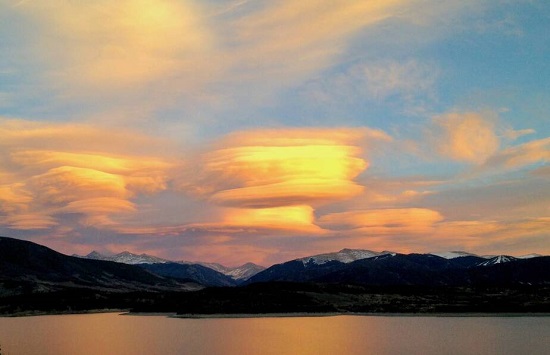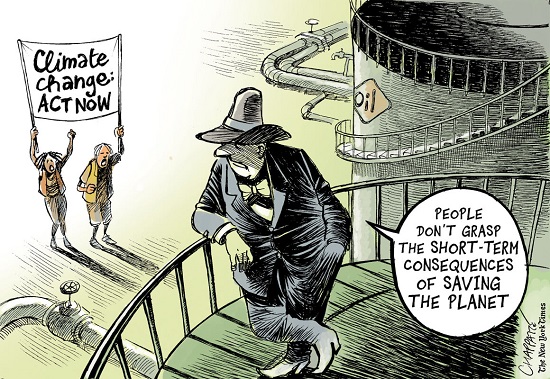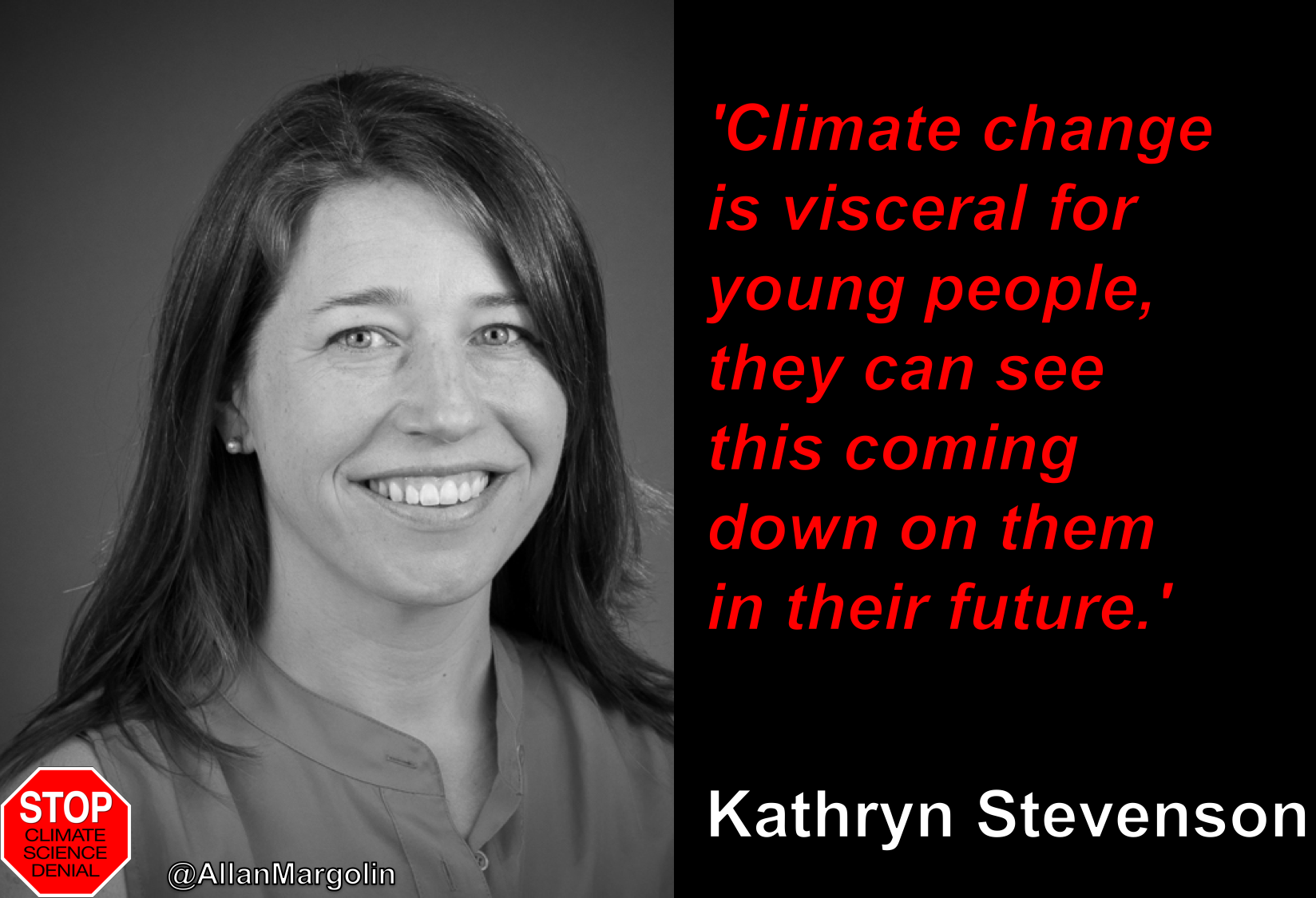2020 SkS Weekly Climate Change & Global Warming Digest #46
Posted on 15 November 2020 by John Hartz
Story of the Week... Toon of the Week... Coming Soon on SkS... Poster of the Week... SkS Week in Review...
Story of the Week...
Seeing Clouds Clearly: Are They Cooling Us Down or Heating Us Up?
Though scientists know that clouds are critical to the climate system, their exact role is still uncertain. New studies are starting to fill in the knowledge gap.

Two new studies are adding to the knowledge about how clouds impact the climate. Credit: Bob Berwyn
On any given day, clouds spread across about two-thirds of the globe. They control global surface temperature more than any other single influencing factor, including greenhouse gases. And even though they are one of the most critical parts of the global climate system, clouds are still the greatest source of uncertainty when it comes to projecting how much Earth will heat up in the future.
But that's starting to change as scientists peer deep inside clouds to study changes at the microscopic level and use new satellites that capture the big picture. Depending how high and thick they are, and how much water and ice they contain, they either cool or heat the planet by reflecting incoming solar radiation back to space or trapping it at the surface, like a blanket.
For now, the overall effect of clouds is to cool the planet. But two new studies published recently in the journal Nature Geoscience suggest that clouds are likely to change in ways that will intensify global warming.
One of the research projects led by scientists at the Swiss Federal Institute of Technology in Zürich, found that, when tiny soot particles combine with ozone or sulfuric acid, the result can be changes in clouds—both low-lying and high altitude—that cause more heating. The second study, by Norwegian climate scientists, suggests that changes to clouds, particularly over the Southern Ocean, could end up causing the planet to warm by more than the 9 degrees Fahrenheit expected if atmospheric carbon dioxide doubles from the pre-industrial level.
Click here to access the entire article as originally published on the InsideClimate News website.
Seeing Clouds Clearly: Are They Cooling Us Down or Heating Us Up? by Bob Berwyn, InsideClimate News, Nov 10, 2020
Toon of the Week...

Hat tip to the Stop Climate Science Denial Facebook page.
Coming Soon on SkS...
- Natural cycles (Kay Huang)
- Tiny CO2 emissions (Ziheng Sun)
- SkS New Research for Week #46 (Doug Bostrom)
- Not bad (Sophia Whitaker)
- CO2 increase (Erika Harrington)
- Past climate change (Scott Knapp)
- 2020 SkS Weekly Climate Change & Global Warming News Roundup #47 (John Hartz)
- 2020 SkS Weekly Climate Change & Global Warming Digest #47 (John Hartz)
Poster of the Week...

SkS Week in Review...
- Sun: 2020 SkS Weekly Climate Change & Global Warming Digest #45 by John Hartz (SkS Original)
- Mon: On climate clock, it's parts per million, not minutes, that matter most by Bud Ward (Yale Climate Connections Repost)
- Tue: Solar is now ‘cheapest electricity in history’, confirms IEA by Simon Evans & Josh Gabbatiss (Carbon Brief Repost)
- Wed: Skeptical Science New Research for Week #45, 2020 by Doug Bostrom (SkS Original)
- Thu: What did 1970’s climate science actually say? by Margaret Orr (SkS Original)
- Fri: How much does animal agriculture and eating meat contribute to global warming? by
- Sat: 2020 SkS Weekly Climate Change & Global Warming News Roundup #46 by John Hartz (SkS Original)































 Arguments
Arguments






























Comments